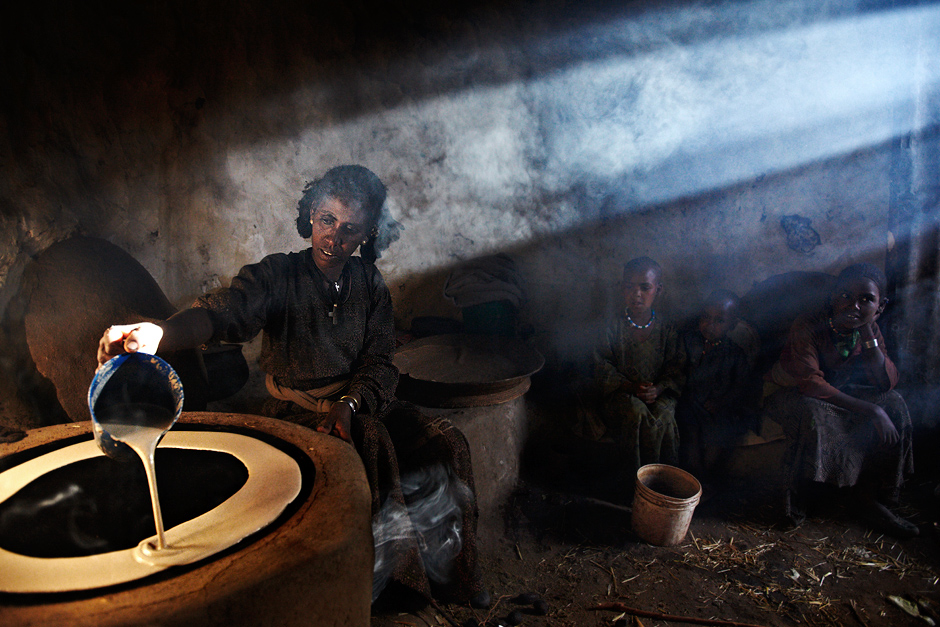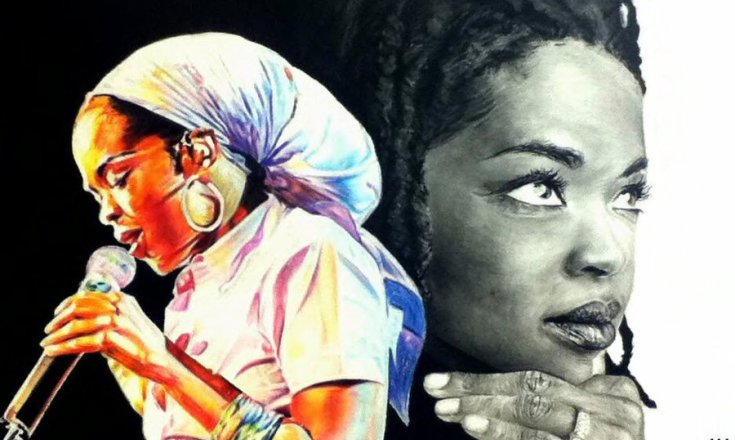
Unleavened: Humility and Injera
Written by Teodrose Fikre, January 5, 2017, 0 Comments
Not too long ago, when I was a child, tikur injera (organic bread) and shiro (Ethiopian food) were looked upon as deha megeb (poor people’s food). What was desired was nech injera (enriched bread) and the best cuts of meats. To the poor, food was a means of nourishment, to the wealthy and the upper crust of society, food was a means of stature and symbol.
Then a funny thing occurred, tikur injera became en vogue as did shiro. Now all the sudden everyone wants to eat what not too long ago was avoided as though it was a gursha (being fed) from lepers. Deha megeb became a status symbol, perversely in the process driving up the price of the meager ingredients that poor people need to nourish themselves.
I thought of this while reading the bible and started to wonder why it was stressed to eat only unleavened bread. Then it kind of hit me, tikur injera is unleavened bread compared to nech injera is made. Unleavened bread then is the simplicity of what we eat and by extension what we consume in life. Throughout the world there is enough food to feed 20 billion people, but materialism requires exclusivity and capitalism requires scarcity. So why just eat unleavened bread, let us eat cake and enjoy in the gluttony. But all the while people die as we nourish our lavish living.
Unleavened bread is simple, you don’t add yeast to it nor too many additional additives. It is food that is readily available to us. But humanity being what it is, we insist on eating food that sets us apart more than it nourishes us. Food morphed from a necessity to a commodity, a means of showing off our wealth and status. This is why more and more people take selfies of their foods, pretending to be royalty by showing strangers their exquisite dinning all the while struggling to pay for rent and light bills.
The irony of life as it would have it though, the more we advance the more we keep wanting to live humble. Thus the very same way tikur injera became en vogue is the same way people now turn to “slow food” and “whole food” in America and the world over—trying to recapture humble living but being charged an arm and a leg to get what poor people payed with humble means to acquire.
This would be comical if it was not so tragic. What God provides in abundance we disregard until it becomes an idol to worship. Not too long ago, a man figured out this aspect of society, how we fawn over things the minute it becomes a status of influence. He made millions selling pet rocks, people paying for rocks to be delivered in the mail instead of getting that rock for free in their backyards.
Maybe the answer lies in being humble instead of chasing humility. If we stop being chasing materialism, if we just eat what the earth gives to us instead, if we drink water instead of poppin bottles for validation and acceptance of others, if we realize that our worth is not in what we acquire but in what we share with others. Then it would be possible for all of us to be wealthy in our souls and for deha (poor) people to be no more.




